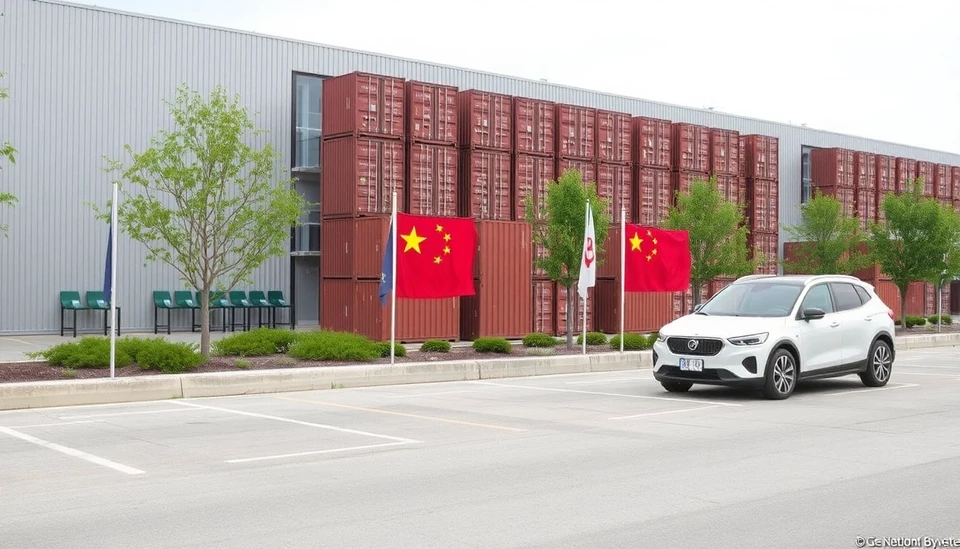
The European Union and China are presently navigating complex negotiations aimed at finalizing an agreement concerning electric vehicles (EVs) before impending tariffs take effect. As both regions push towards technological advancements in the automotive sector, the stakes are particularly high in light of the potential economic fallout from these tariffs.
China has emerged as a significant player in the EV market, with a growing presence in Europe. Many Chinese manufacturers are eager to penetrate the European market, capitalizing on the region's increasing demand for sustainable transport. However, the EU is wary of allowing foreign companies to dominate its burgeoning EV sector. It aims to ensure that local manufacturers remain competitive as Europe transitions to greener automotive practices.
Recent discussions have highlighted key issues such as intellectual property rights, market access, and environmental standards. These discussions have been complicated by deep-seated geopolitical tensions and divergent regulatory frameworks. EU officials are concerned about maintaining rigorous sustainability standards, which they believe may be undermined by mass-market foreign EV imports.
The looming tariffs, set to take effect soon, are poised to alter the dynamics of this negotiation. If China and the EU cannot reach an accord by the deadline, it could lead to increased costs for consumers and manufacturers alike, stifling the growth and accessibility of electric vehicles. Both sides recognize the urgency of reaching a deal, given the global push for greener transportation options.
Recent reports suggest that negotiations have intensified in the lead-up to crucial meetings scheduled for later this month. European Commission President Ursula von der Leyen has emphasized the importance of achieving a deal that not only benefits industry stakeholders but also adheres to the EU's stringent environmental goals. Meanwhile, both Chinese and European negotiators are working diligently to iron out remaining disagreements so that an agreement can be finalized before the tariffs come into play.
The outcome of these discussions could have lasting implications for the automotive industry in both regions. A successful deal could pave the way for a collaborative approach to electric vehicle innovation, fostering a more sustainable future. Conversely, if negotiations stall, the potential for heightened trade tensions looms large, which could adversely affect both markets and their aspirations toward emissions reduction.
As the global push for cleaner energy solutions continues to gain momentum, the ramifications of this potential agreement stretch far beyond the borders of Europe and China. The unfolding situation will be a closely watched indicator of international relations and collaboration in the face of urgent climate challenges.
#EV #ElectricVehicles #ChinaEU #TradeNegotiations #Sustainability #Tariffs #GreenEnergy
Author: Megan Clarke




